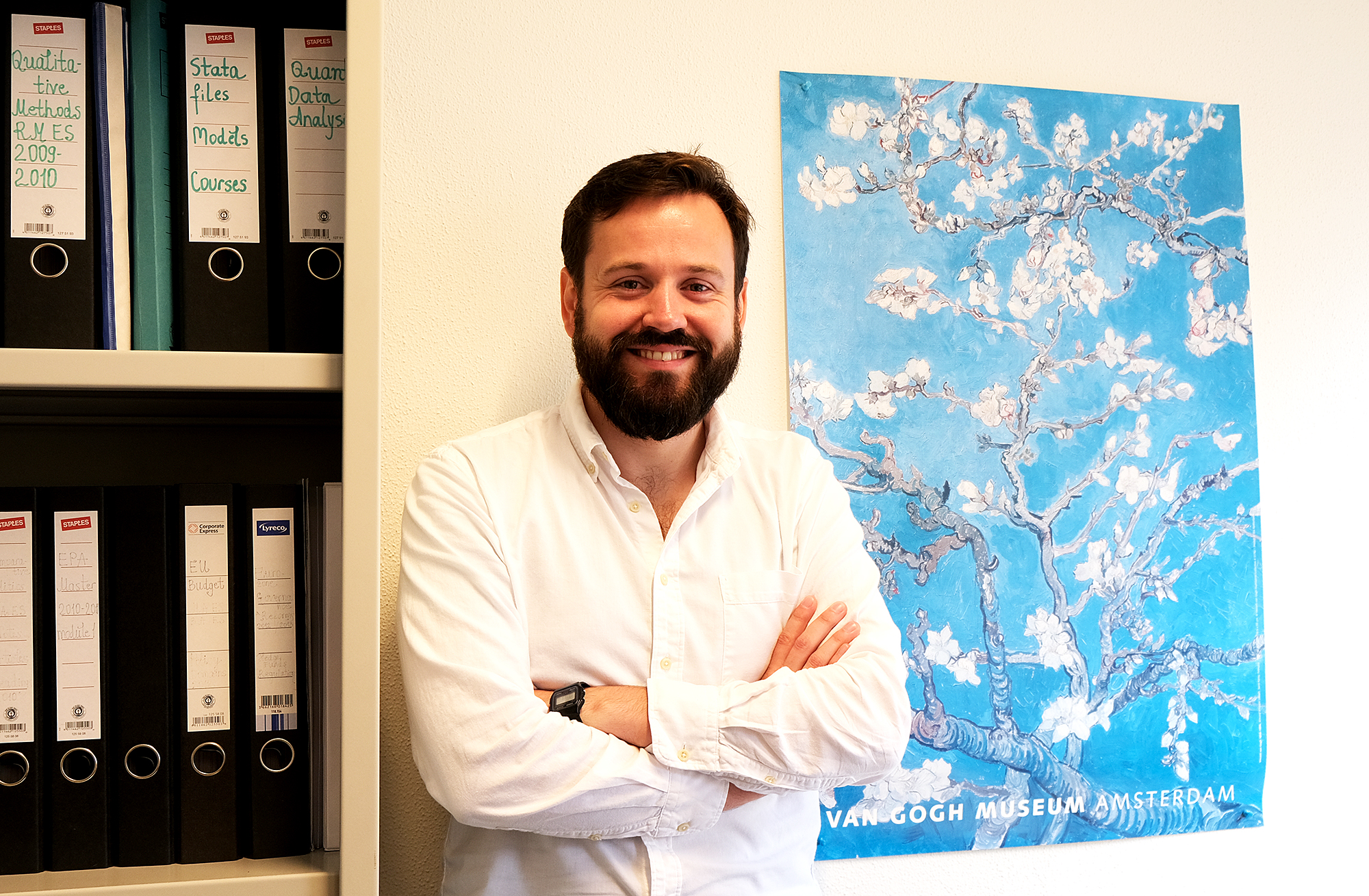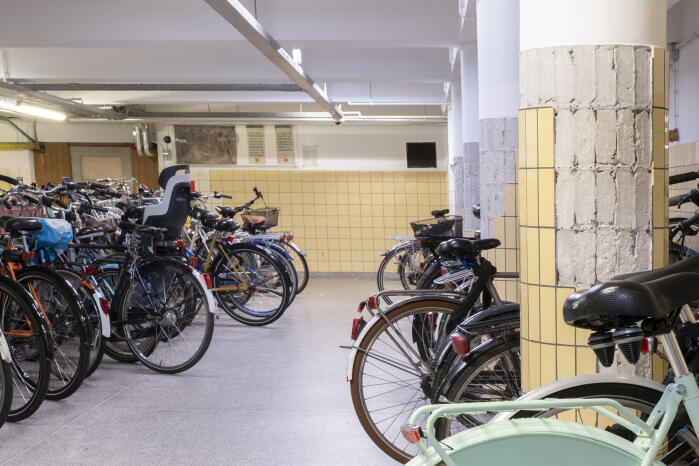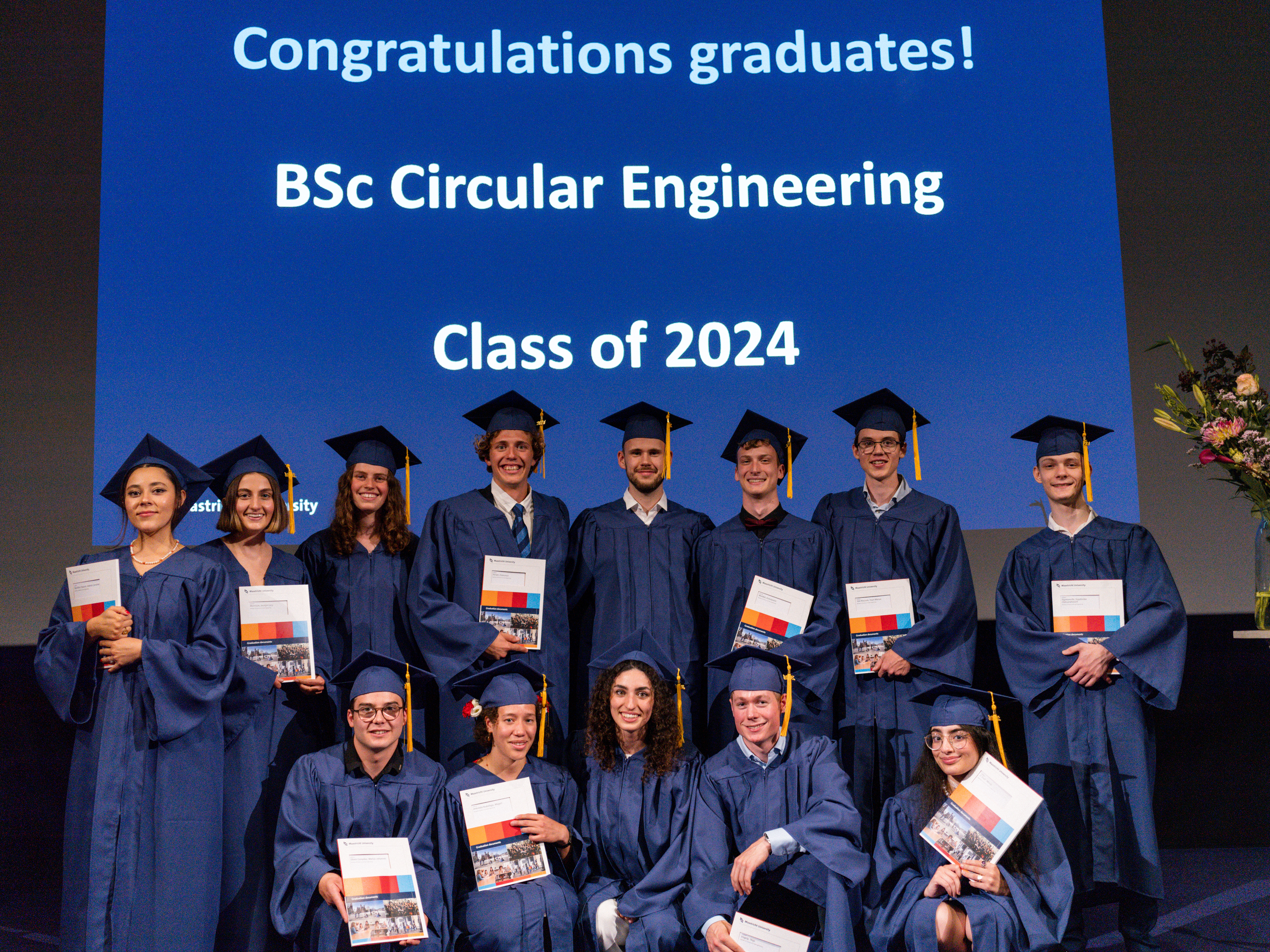Make Europe Great Again: how the Hungarian EU presidency upsets Brussels
Since Hungary took over the rotating presidency of the EU Council on July 1st, its Prime Minister Viktor Orbán has embarked on a widely criticized peace mission for Ukraine, including meetings with leaders of Russia and China. This has led to much speculation about what the next six months of the Hungarian presidency will mean for the EU. Studio Europa Maastricht discussed this with Dr Giselle Bosse, Associate Professor and Jean Monnet Chair in EU International Relations at the Faculty of Arts and Social Sciences at Maastricht University.
Unwanted peacemaker
Less than two full weeks into the Hungarian presidency, country leaders and EU parties are already calling for it to be stopped. Orbán’s renegade diplomatic tour got “pretty much all member states, perhaps with the exception of Slovakia, which is now much more of an ally of Hungarian leader Viktor Orbán, very annoyed,” says Bosse: “In these few days Orbán has managed to upset pretty much everyone in Brussels. He went to Kyiv, Moscow, Beijing, and also to Azerbaijan. He met with Turkish president Erdogan and ex-US president Donald Trump in Mar-a-Lago. So he’s doing all this more or less under the banner of his country’s presidency. Bluntly speaking, this is pretty much against all the rules in the EU’s book.”
The growing consensus among EU leadership was recently expressed by Dutch Prime Minister Dick Schoof, who said Orbán has “no mandate” to speak on behalf of the entire European Union. This is especially sensitive when it comes to foreign policy, explains Bosse: “The rotating presidency means chairing the EU Council, but you don’t have the responsibilities of the foreign affairs council, for example, so you have no role as such in external representation. Even those who have such a role, like the President of the European Council or the High Representative for Foreign Security or even the Commission, don’t travel the world representing all the member states. They would never do so without a clear mandate from the European Union. Obviously, Orbán’s definition of peace completely collides with all the statements the Council has made and the common positions of the member states. In which case we can talk about a breach of the so-called loyal cooperation that we have as a principle within the European Union with the Treaties.”
Between quiet boycott and “Nuclear Option’’
While there are some legal ways to put pressure on Orbán or even terminate Hungary’s presidency altogether, European leaders would likely prefer to wait it out: “There has been talk in the past couple of weeks and even before the presidency started about whether it could be removed completely from Hungary or whether one could shorten the six-month term of the presidency, but that would require the majority of EU member states to agree to it. Legal experts across the board have argued that the EU’s Court of Justice would rule against such measures being taken at this advanced point in time as the presidency has already started. There is also this “nuclear option,” which is to trigger Article 7 of the Treaty on European Union, which means you can suspend the right of a member state, for instance, Hungary, to vote on EU decisions based on them having violated the treaties and the principle of loyalty among member states. But that is of course very tricky; there is a lengthy procedure, all member states would have to agree, which is unlikely, so they have been reluctant to use this article in the past with Poland,” says Bosse.
An easier approach that many EU countries are seemingly choosing is quiet quitting: “At the moment it looks as if there is more often an informal boycott of the presidency going on. Member states, when they have informal meetings, would not show up or send second- and third-tier officials. There is also talk that EU capitals will do that in more formal meetings. They would not be sending ministers but second- or third-tier officials. There is already action by the Commission. There were some meetings to discuss tariffs on Chinese vehicles, and of course, the Hungarian presidency took the lead to soften this down for their own interests. But the Commissioner didn’t even show up. So there is considerable upset that is being flagged and voiced,” explains Bosse.
Text continues below the photo.
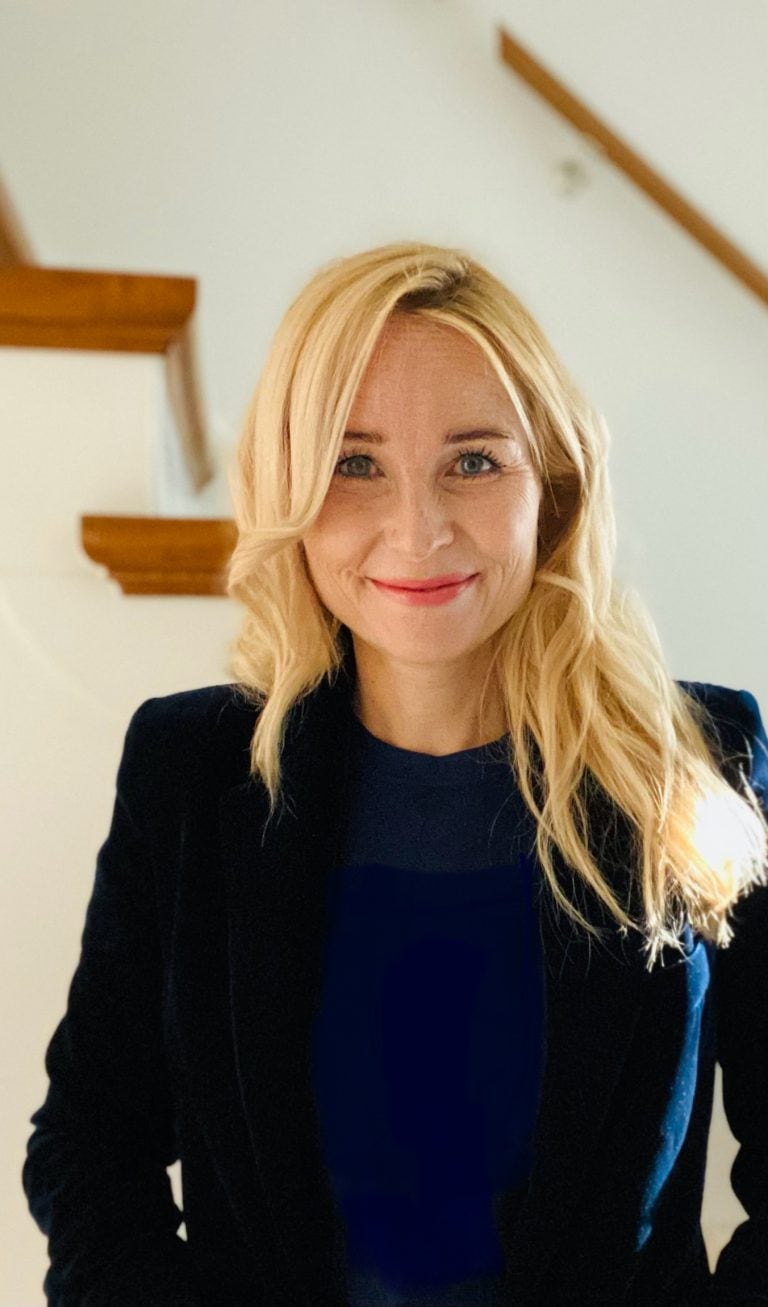
Dr Giselle Bosse is Associate Professor and Jean Monnet Chair in EU International Relations at the Faculty of Arts and Social Sciences, Maastricht University. She is also a fellow at the European Democracy Hub in Brussels.
Her research focuses on EU relations with countries in the post-Soviet area, and EU democracy promotion through the European Neighbourhood Policy (ENP) and the Eastern Partnership (EaP), with an emphasis on EU policies towards Belarus and other autocratic regimes in the region. Bosse’s work focuses specifically on the role of values in the EU’s international relations, including recent publications on how norms- and rights- based justifications influenced the EU’s response to Russia’s war against Ukraine (Bosse 2022, 2023).
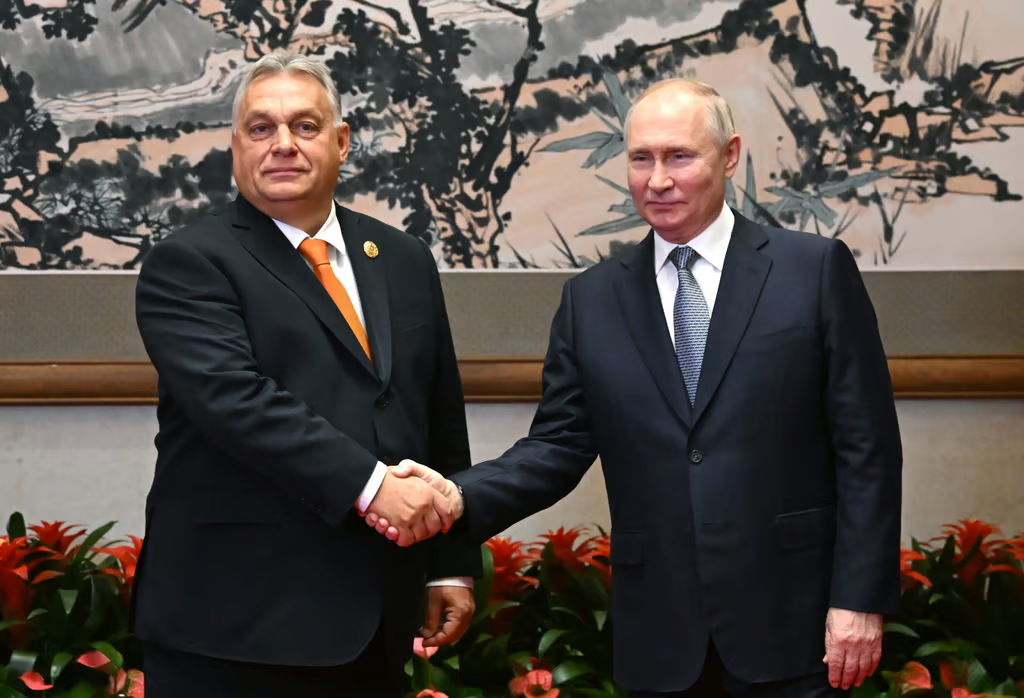
Orbán’s balancing act
Despite the bold statements, the Hungarian leader is avoiding direct confrontation with Brussels, trying to find a balance between his authoritarian allies and fellow EU member states: “For now, at least, it seems that Orbán is quite clever about how he proceeds. He is saying that the discussions he’s having with Beijing or with Putin are not on behalf of the EU, and they are not concluding any negotiations or agreements with these countries, so officially they don’t put up the EU flags. So they are still not crossing all the red lines, because they always claim that they do those meetings as Hungary and the Hungarian government, but at the same time, they are pushing these red lines. For example, they are using EU presidency hashtags when they communicate. They are following the peace agenda that they say is what the EU should be doing, but it’s all on this border of red lines. So the question is, how will Orbán play this in the future,” says Bosse.
The upcoming US elections in November will show what Orbán’s priorities really are: “He just about keeps his actions below full escalation with the other member states, but of course the member states’ patience will be somewhat limited, and I think perhaps the crucial test will come with the American elections and then Orbán’s reaction in this context. But then again, it’s only for six months, and I think member states already anticipate it and they did plan for the bigger initiatives to take place before or after the Hungarian presidency. For example, opening accession negotiations with Ukraine, which took place just after the European elections and just before Hungary’s presidency. So there has been some background planning too,” underlines Bosse.
Domestic interests above European
There is, however, little chance that Orbán will dramatically change his position after facing widespread criticism in Brussels: “Looking at his behaviour in the past, especially on issues regarding the Russian invasion of Ukraine and EU sanctions, he has a formidable track record of being very difficult, delaying, and vetoing a lot of the EU’s decision-making, also when it comes to aid to Ukraine. So he doesn’t care too much about the impression he leaves at the EU level, that’s clear,” says Bosse.
The reason for Orbán to risk straining his ties with the rest of the EU lies in his desire to improve his image in Hungary: “I would argue that the main motivation for him to engage with Putin’s Russia and with China is domestic, because what we’ve seen with the European elections just recently is that Orbán’s Fidesz party has for the first time in a very long time got a lower majority. He also sees that the economy is not going well, there is a massive recession in the country. There is also now political opposition forming on a level that hasn’t been seen before and that could be potentially threatening for Orbán’s party. So the engagement with China is very instrumental because last year three-quarters of investments in Hungary came from China. Hungary needs these investments because there is very little budget left. And secondly, there is Russian gas. Hungary already has special agreements within the existing sanctions regime when it comes to importing oil, but they also want to maintain imports of Russian gas in the future, and that runs counter to agreements within the European Union to reduce the reliance on Russian gas supplies. That’s relevant too because it could prevent further recession of the Hungarian economy, so it’s very important for Orbán and his domestic support levels that are directly linked to that,” underlines Bosse.
“Make Europe great again”
Hungary will have to wait until later in the year to present its agenda – under the slogan “Make Europe Great Again” – before the EU Parliament. Orbán’s attempt to address MEPs at the inaugural plenary sitting was blocked by parliamentary chiefs who claimed there was no way to fit it in the agenda. There is, however, already a clear understanding that this narrative won’t be embraced by the majority of the member states, says Bosse: “The rest of the member states do not subscribe to this at all and are very critical of this phrasing. This is again something that’s very much aimed at the domestic audience to show that yes, we have a struggling economy, but we, i.e. Orbán, are active at the international level and want to make Hungary great again, which is also his domestic narrative. It’s very important for Orbán to say to his electoral base “I’m going to defend Hungarian interests at the EU level and worldwide”. And “Make Europe Great Again” is an integral part of this narrative. The cynical comments I heard about it is that this agenda is not going to make Europe great again in any shape or form but to make Russia great again.”
Slogans aside, Orbán’s actions are causing real damage to the EU, believes Bosse: “It damages the unity that the EU wants to display and actually has very successfully displayed in the past, but now it creates perceptions in social media and across the board that are not helpful at all; they are damaging for the European Union. One can only hope that the damage done within six months will not have such a great impact on domestic and external impressions of the European Union.”
Also read
-
The 2024 Turriano Prize from ICOHTEC (the International Committee for the History of Technology) was awarded to Jacob Ward’s book Visions of a Digital Nation (MIT Press, 2024). The Turriano Prize recognises the best first book by an historian of technology.
-
The Grote Gracht is richly lined with historical buildings that conceal remarkable stories. Once again, our “hidden gem” is located on this street in Maastricht, this time at number 76: the (bike) cellar.
-
"We are the pioneers in a brand-new field of engineering sciences, not just in Maastricht but globally as well", says Francesco Ferrari about the group of thirteen students, himself included, who in July received the first bachelor's degree in Circular Engineering.
